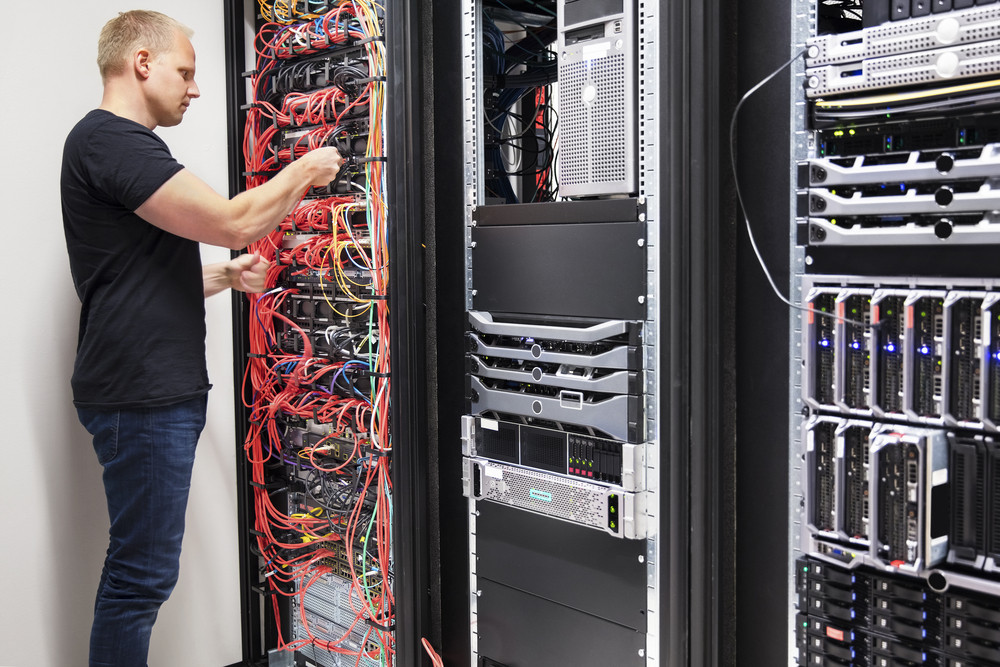
Humans have been keeping time for 5,000 to 6,000 years. The ancient Egyptians were the first to tell time by using obelisks as primitive sundials, while the first mechanical clocks were invented in Europe in the 14th century. Of course, now in the digital era, keeping time has become much more efficient. There are GPS clock systems, WiFi clocks, and digital scoreboards, just to name a few examples. Most, if not all of these are connected to something known as network clocks. There are several things that you should know about network clocks, and that’s what this article will be looking at.
- They Run on One of Two Protocols: One thing to know about network clocks is that they will typically operate on one of two protocols, Network Time Protocol (NTP) or Precision Time Protocol (PTP). In operation since before 1985, Network Time Protocol is one of the oldest Internet protocols still in use today. Precision Time Protocol is similar, as it is also used to synchronize clocks throughout a computer network. However, unlike NTP, it wasn’t defined and standardized until 2002.
- They Synchronize Computer Clocks: Another thing to know about network clocks is that they are used to synchronize computer clocks. Think about it for a moment: all of these computers run clocks that show the exact same time. This is achieved through the use of network clocks, which serve to make sure the computer clock systems continue to run in sync with one another.
- They Can Also Be Connected to Scoreboards and Timers: And finally, a third thing to know about network clocks is that they can also be connected to scoreboards and timers. Just like the clocks on computers, scoreboards and digital timers need to be carefully synchronized to make sure they give the correct time as they count down the time remaining. Network clocks can be used to make sure this happens.
In conclusion, there are several things that you should know about network clocks. These things include: knowing that network clocks run on one of two protocols, they synchronize computer clocks, and they can also be connected to scoreboards and timers. These are just a few of the things that you should know about network clocks. They can be used in a number of important ways and certain systems wouldn’t work correctly without them.
